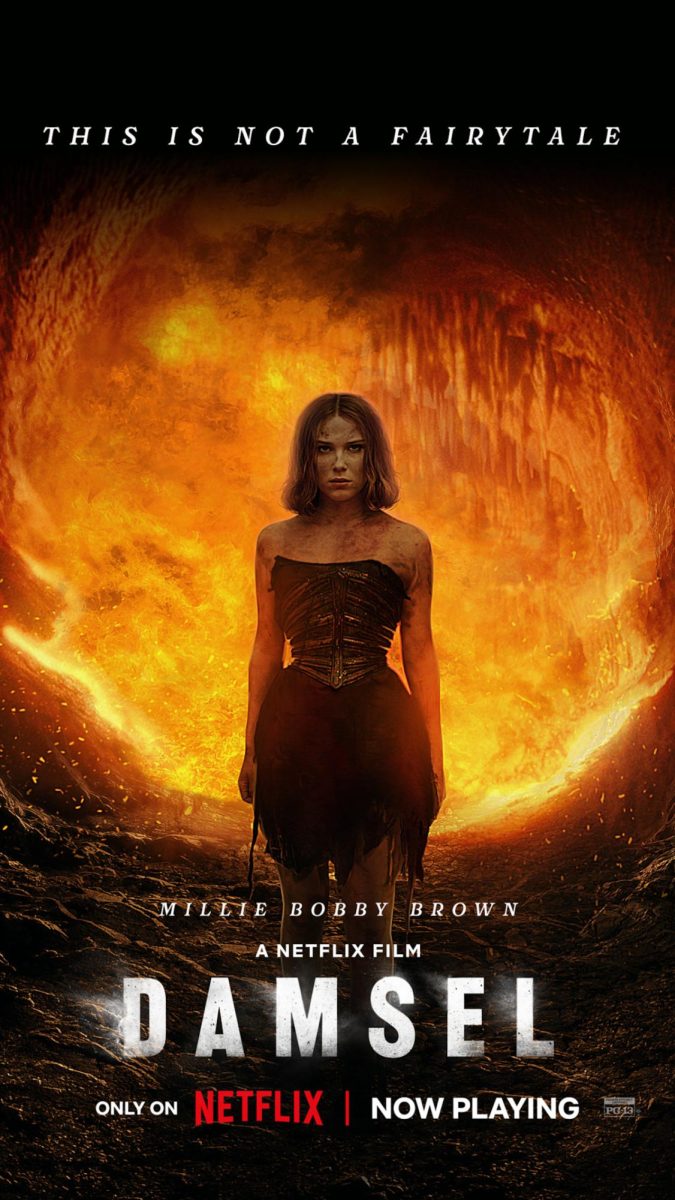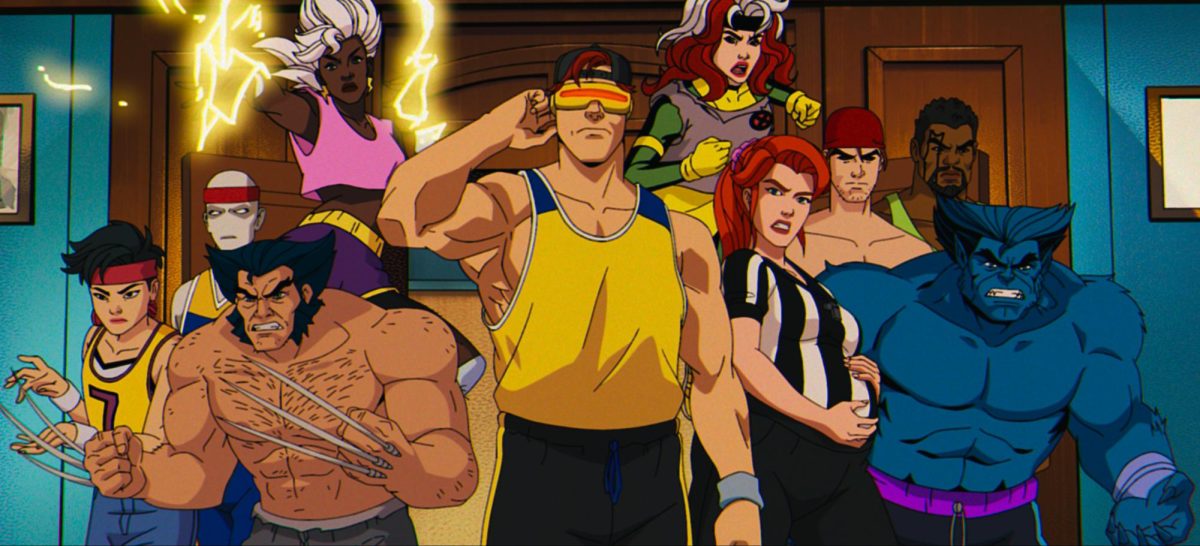From “Law & Order” to “CSI” and “Criminal Minds,” the police procedural has long been a staple of network television. This genre is known for its comforting formulas — for the most part, even the most complex and heinous crimes are tied up in 45 minutes, and the next episode hits the reset button as the characters tackle a new case.
The miniseries “Top of the Lake” — which is now available to stream on Hulu — technically belongs in this genre, but from the first episode, it is apparent that this show is distinct from the narrative content and aesthetic presentation of a traditional case-of-the-week drama. “Top of the Lake” is the brainchild of Jane Campion, who co-wrote and co-created the series with Gerard Lee and co-directed it with Garth Davis. Campion is a New Zealand based filmmaker with a background in film — her most famous work, “The Piano,” made her the second woman in history to receive an Academy Award nomination for Best Director. In “Top of the Lake,” Campion utilizes sweeping cinematic imagery, jarring depictions of sex and violence and ambiguous shifts in characterization and storytelling. Most episodes more closely resemble an art film than a CBS offering.
The series follows Robin Griffin (Elisabeth Moss) a detective unexpectedly called in to work on a case while visiting her mother in a small New Zealand town. Tui Mitcham (Jacqueline Joe) a 12-year-old girl, is brought to the police station for questioning after an apparent suicide attempt. Robin discovers that Tui is pregnant, and after an unproductive interview Tui disappears. Robin quickly becomes obsessed with the case as the disturbing events parallel a traumatic incident from her youth. Meanwhile, Tui’s hard-edged father Matt (Peter Mullan) is enraged when he finds that land he claims as his own has been sold to an all-female commune, lead by the mysterious quasi-leader G.J. (Holly Hunter).
Previous Season Recap:
This review will focus on the original miniseries. A sequel with a new setting, new plot and an almost entirely new cast of characters entitled “Top of the Lake: China Girl” is also available on Hulu. Most critical reviews of this new iteration were less than kind.
To Binge or Not to Binge:
“Top of the Lake’s” premise is instantly intriguing, and the pilot episode sets up plenty of interesting material to explore. The show’s exploration of sexual violence from a largely female perspective is tragically relevant. “Top of the Lake” is full of characters that, through apathy or outright malice, allow horrific violence to continue unimpeded. Similar to “Big Little Lies,” this series imbues genre fiction with a feminist perspective, exposing the trauma and pain that too many women face in silence. Unlike “Big Little Lies,” it does not so much subvert a genre’s typical pleasures as ignore them entirely. Binging this miniseries can be a dour, unpleasant experience as the show feels easily twice as long as its six-hour run-time.
So many of the series’ attributes lessen its narrative and political utility. The screenplay’s glacial pacing punishes even the most patient viewers. The series’ oppressive darkness, bordering on nihilism, is more numbing than galvanizing — by the last episodes, supposedly shocking tragedies felt like just another installment in the show’s grim parade of atrocities. There is a difference between ambiguous, experimental storytelling and poorly constructed storytelling, and too often “Top of the Lake” falls to the latter. Major threads, such as the subplot at the women’s commune, unspool aimlessly at the expense of the central plot. Neither of the two major revelations in the final episode are satisfying — the first had been clearly telegraphed in an earlier episode, while the second is a genuine surprise that is too rushed to make any sort of impact.
Perhaps most damningly, Campion and Lee seem to have little grasp on most of their characters. Fascinating figures like Matt and G.J. are performed with charisma, but seven episodes later, they feel more like sketches and ciphers than three-dimensional beings. The series spends plenty of time depicting ugly, violent behavior, but it is far more interested in suffering than the sufferer. Even Tui, the character who inspires the entire narrative, is erased from most of the show’s major moments — we never get a sense of her identity aside from her pain and status as a victim. Behind all of the show’s well-constructed surfaces, there is precious little humanity shining through the tracks.
That little burst is courtesy of Elisabeth Moss, who gives a powerful, fully realized performance. Her work has a complexity, emotional directness and clarity that the rest of the series desperately needs. Moss does not take Robin’s suffering lightly, but she leaves space to explore multiple dimensions of desire, rage and passion. Scenes where Moss acts alone tend to be the most powerful because she lets audiences understand her character in a way the rest of the show resists. I will always welcome complex stories that place women and their experiences front and center. The stories that are most powerful do not just explore women’s suffering: they explore women themselves.
Best Episode:
Episode 4, which reveals key events from Robin’s childhood, is an excellent showcase for Moss’ performance. This episode is a compelling amalgamation of the personal and the political, connecting Robin’s grief and rage with larger societal ignorance surrounding rape and trauma.
Similar Shows: “The Five,” “The Fall,” “The Killing,” “Broadchurch,” “Happy Valley,” “Rectify,” “Big Little Lies” and “Mindhunter.”
Trigger Warnings: Discussions and depictions of sexual assault and rape, references to suicide, graphic violence, sexual content, nudity and language.
2.5/5 stars
“Top of the Lake”
Available to stream on Hulu
7 episodes, approximately 6 hours

















